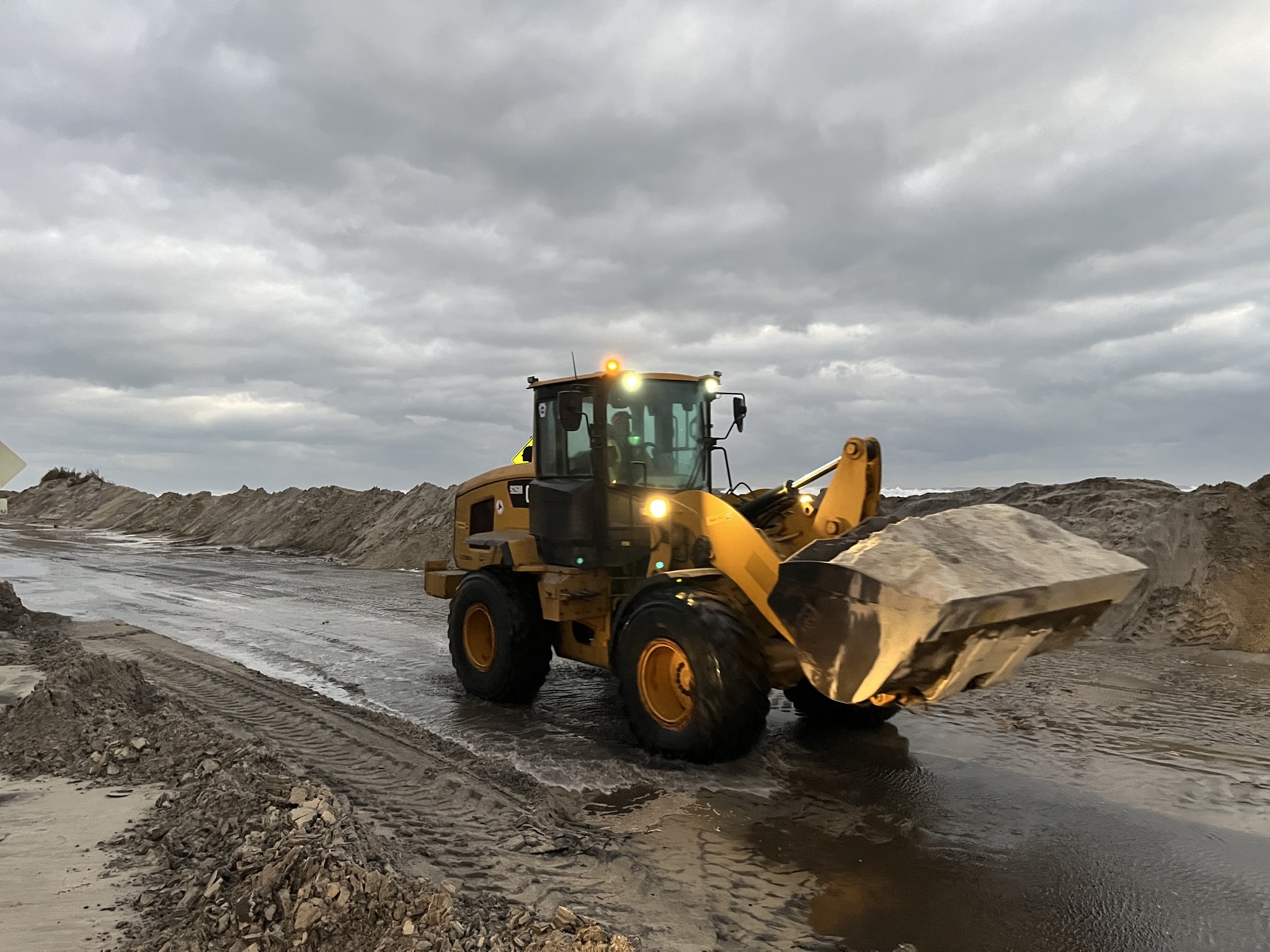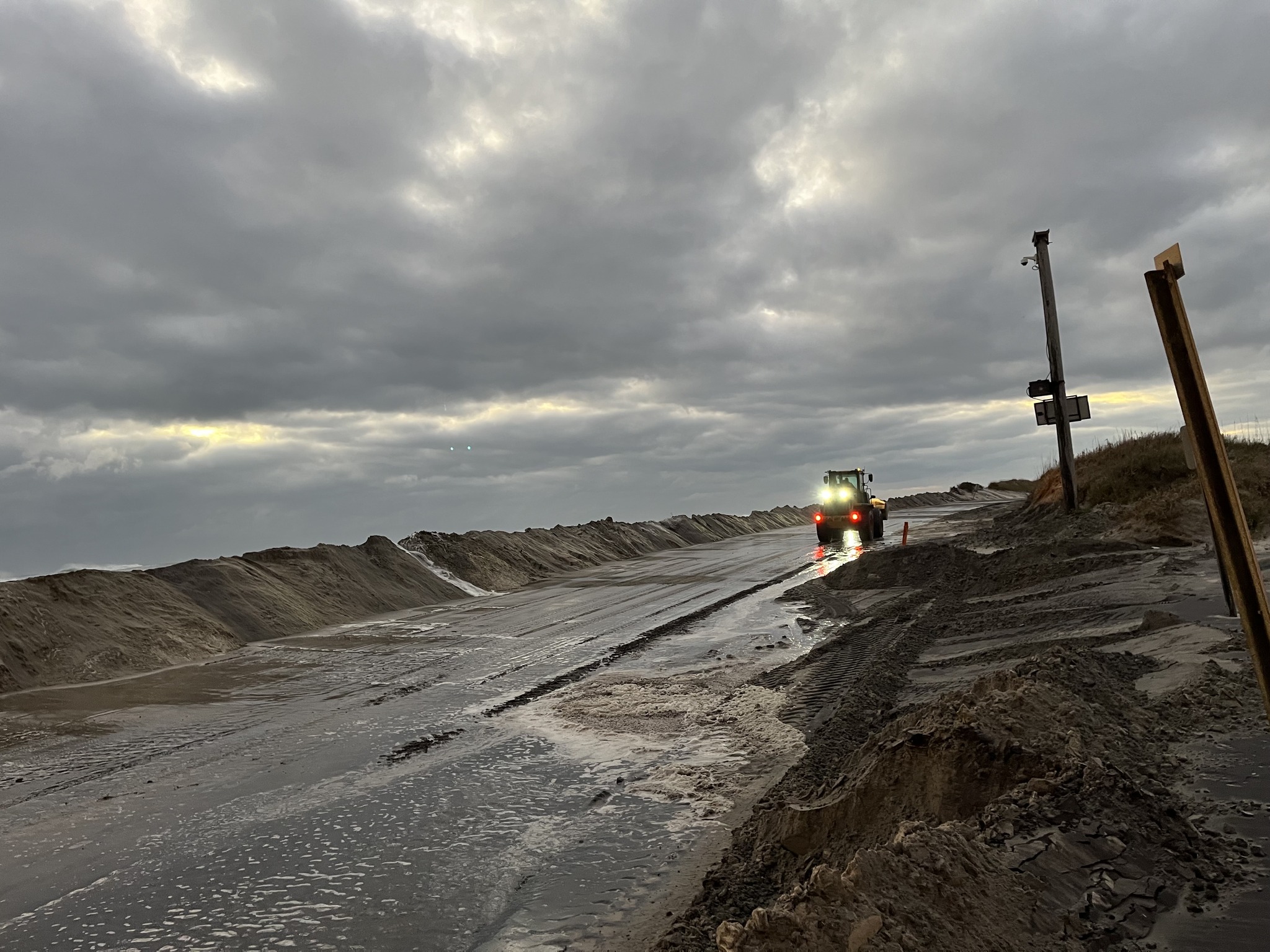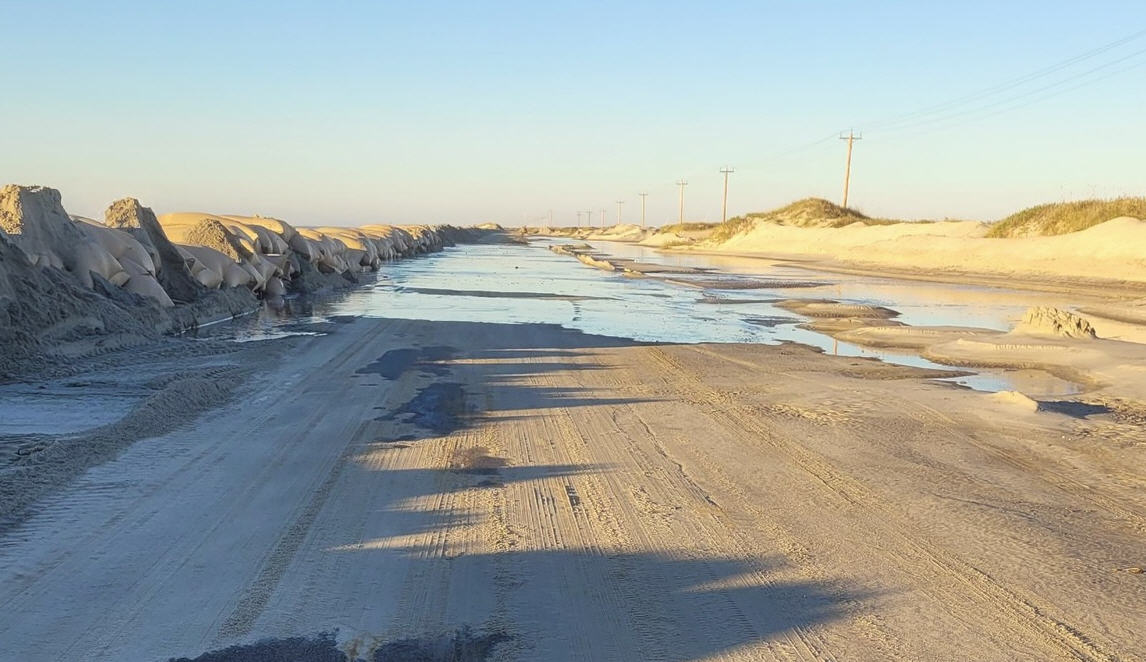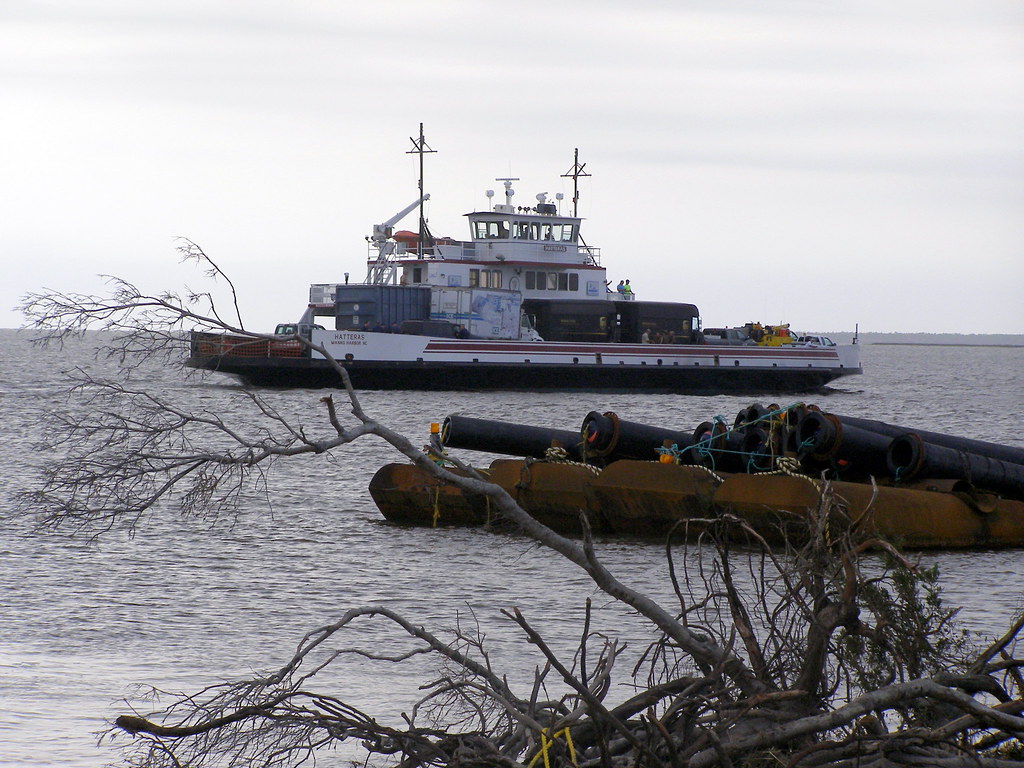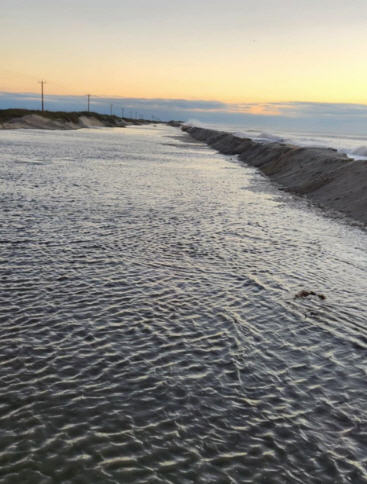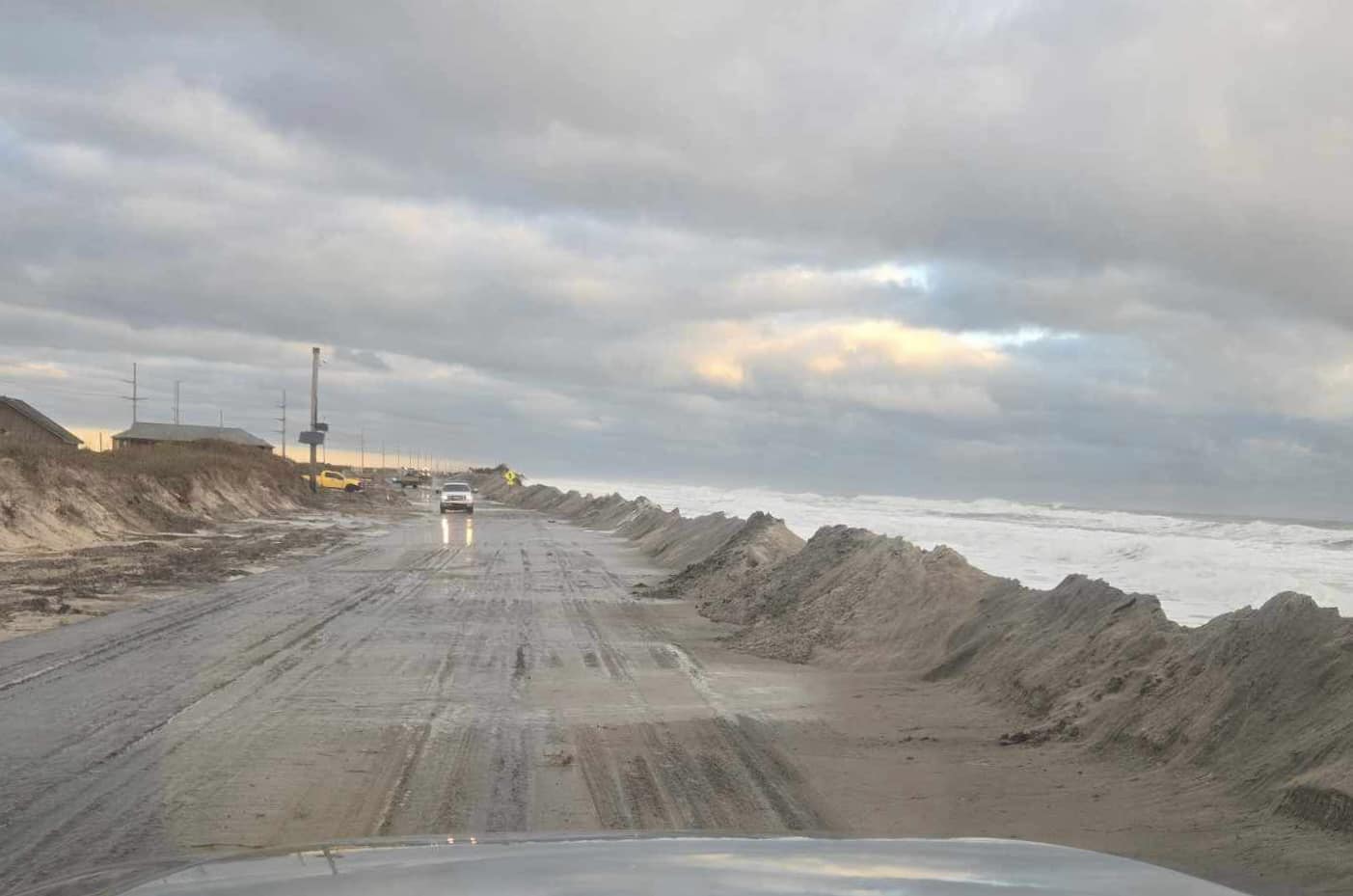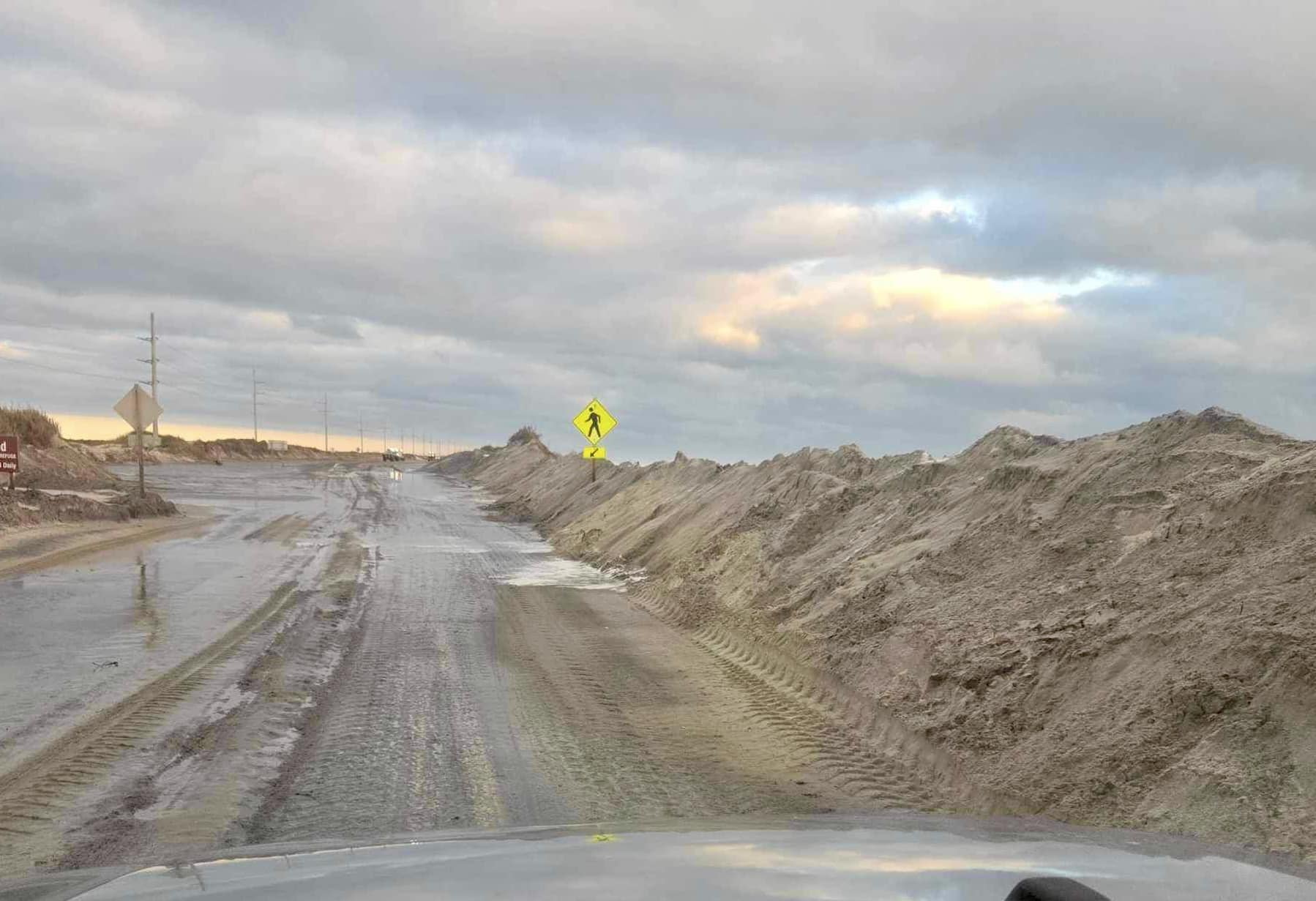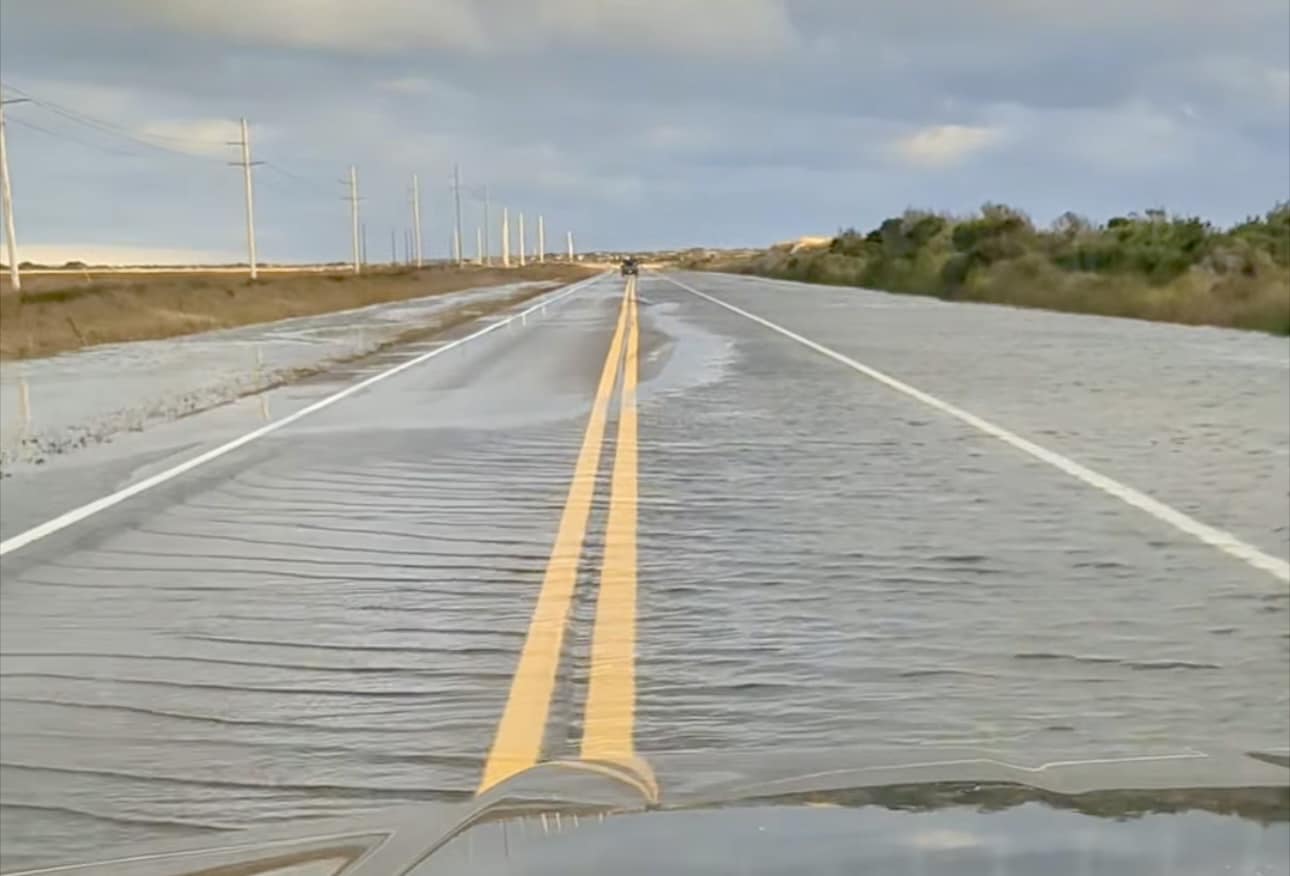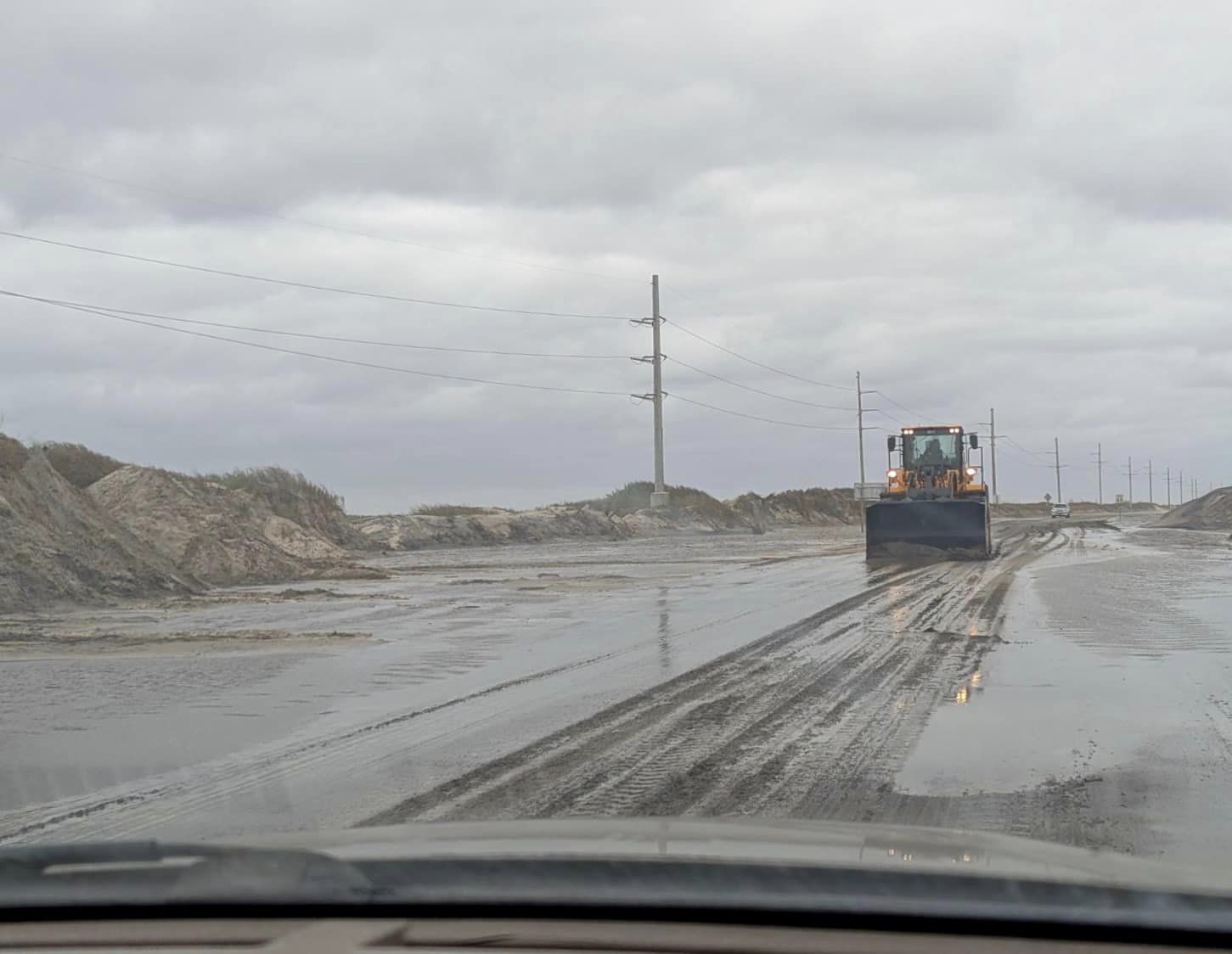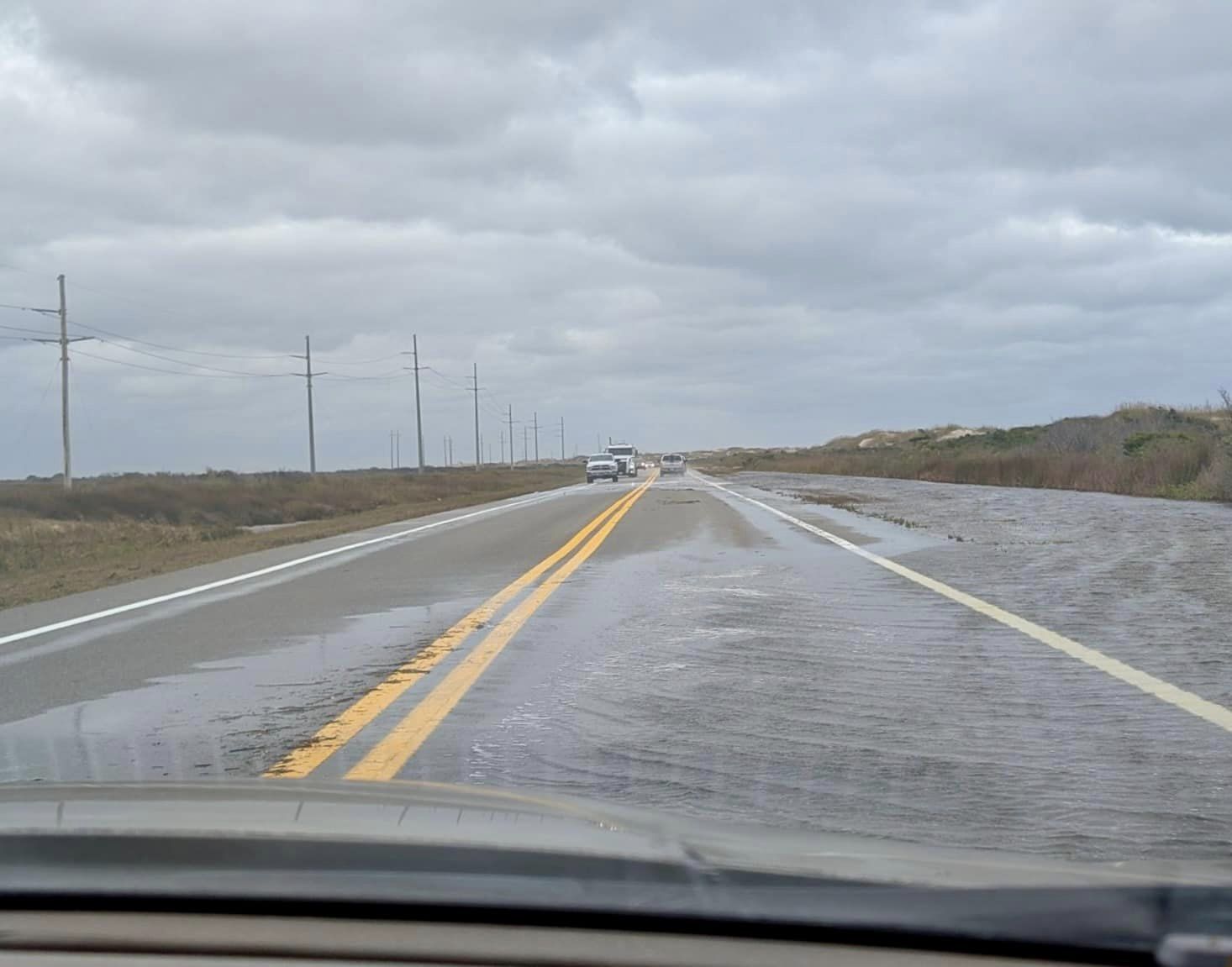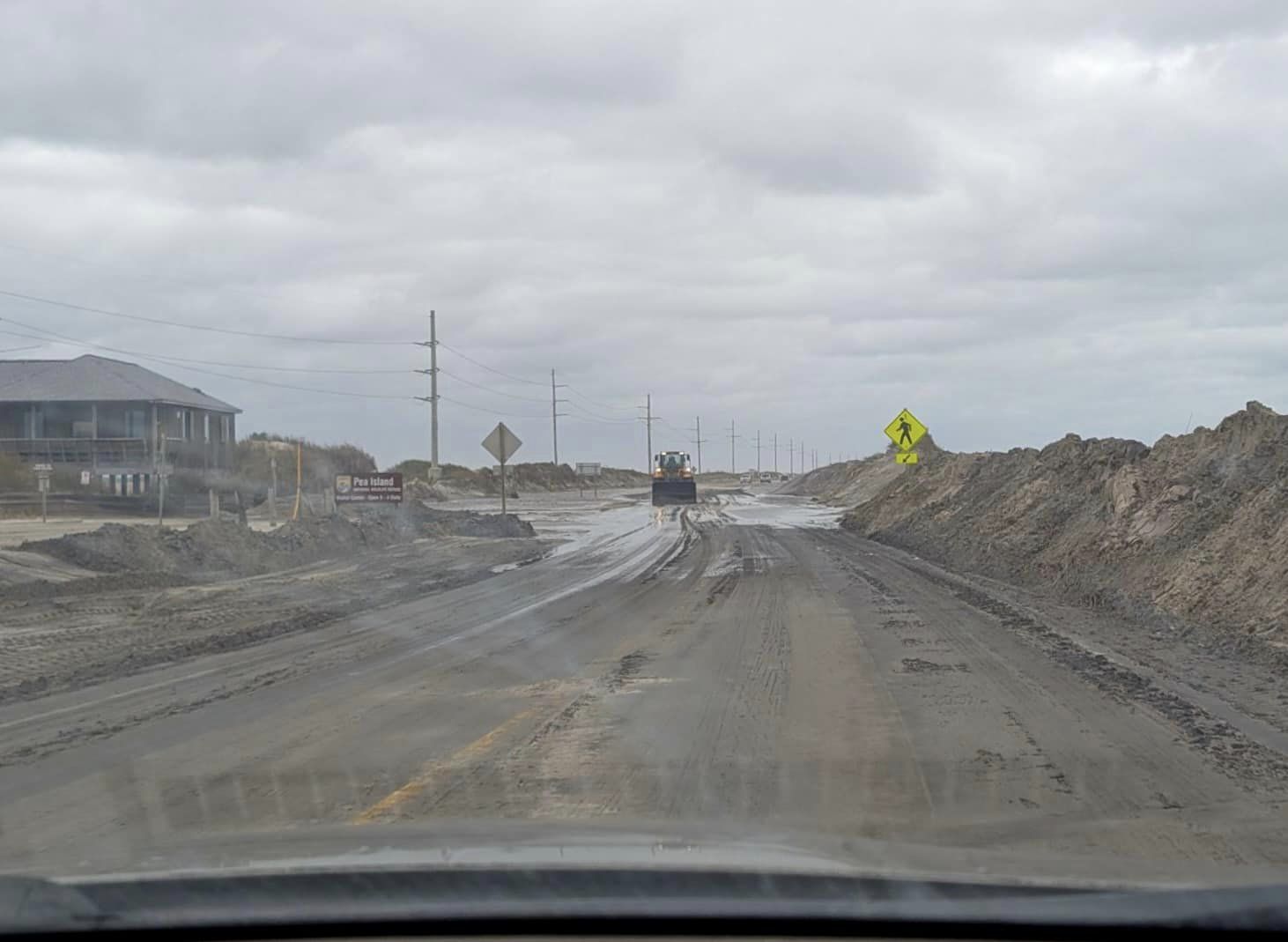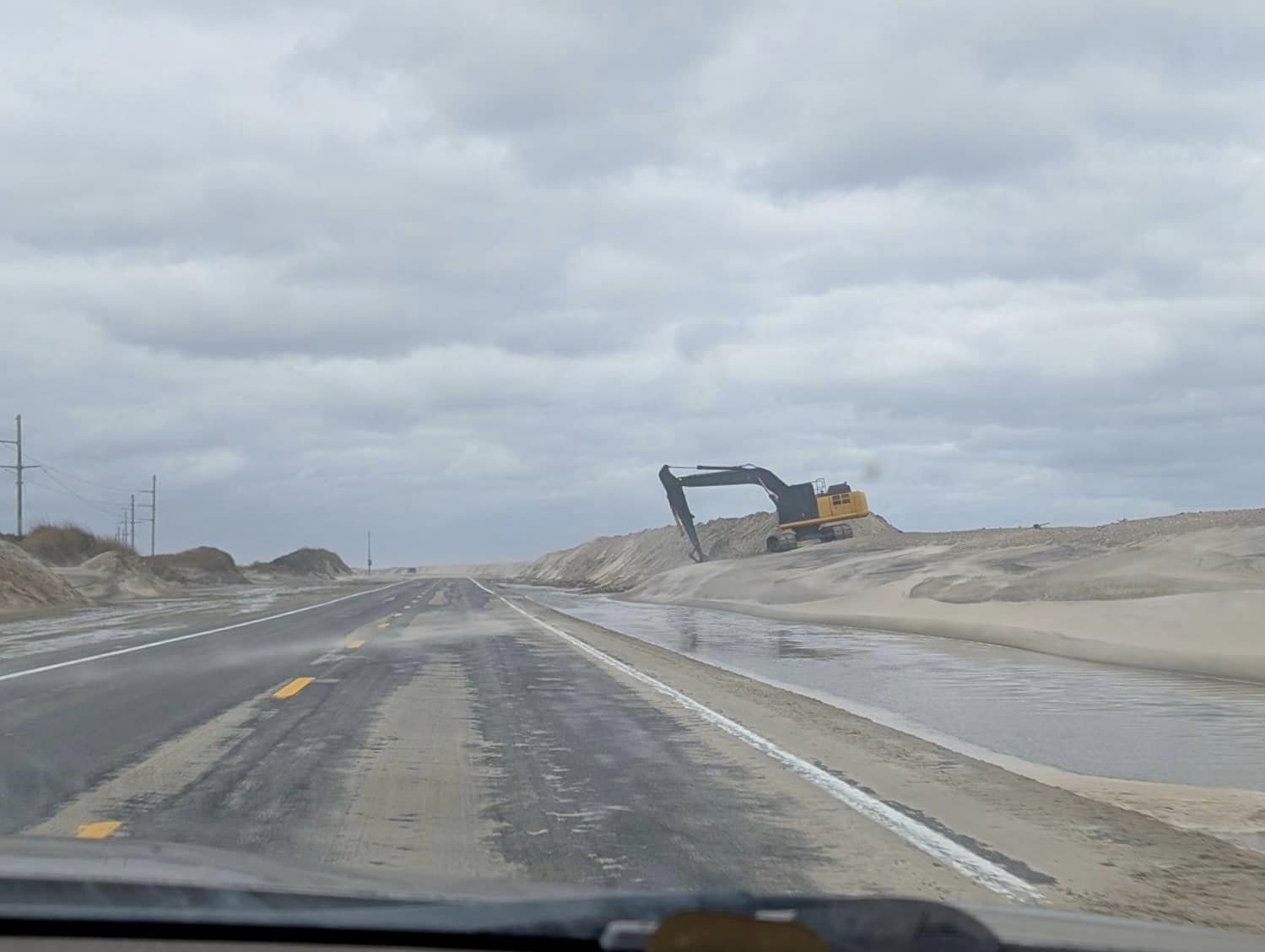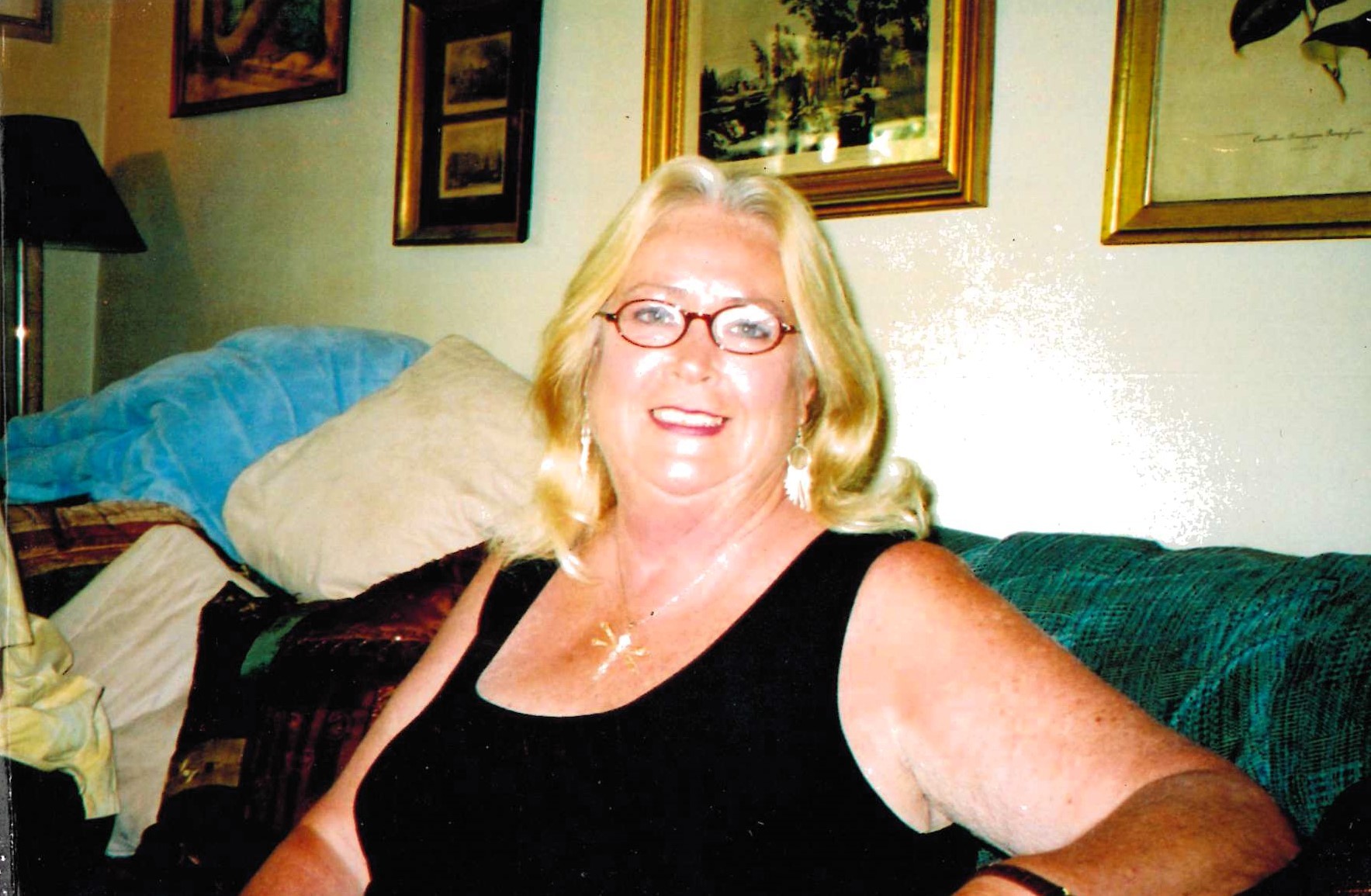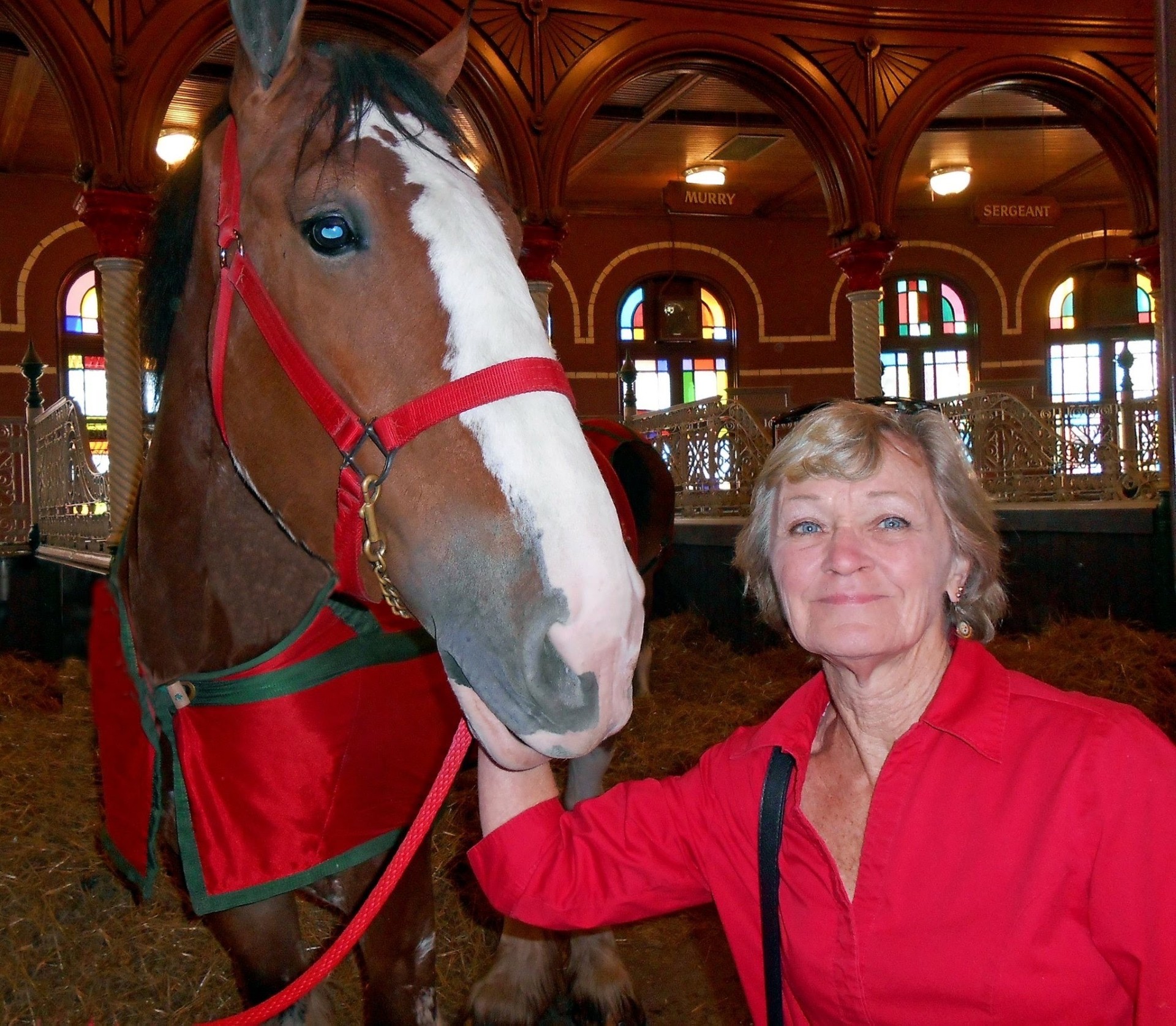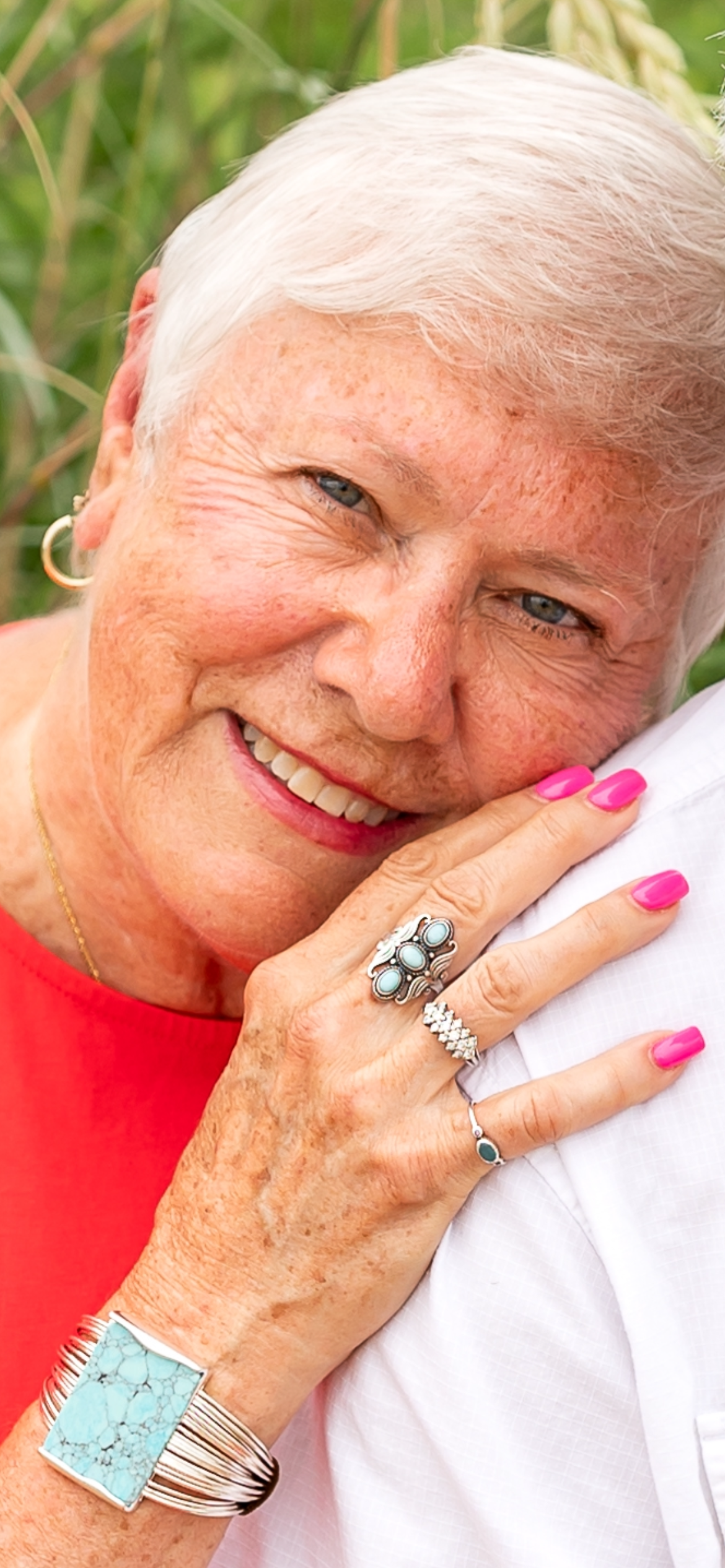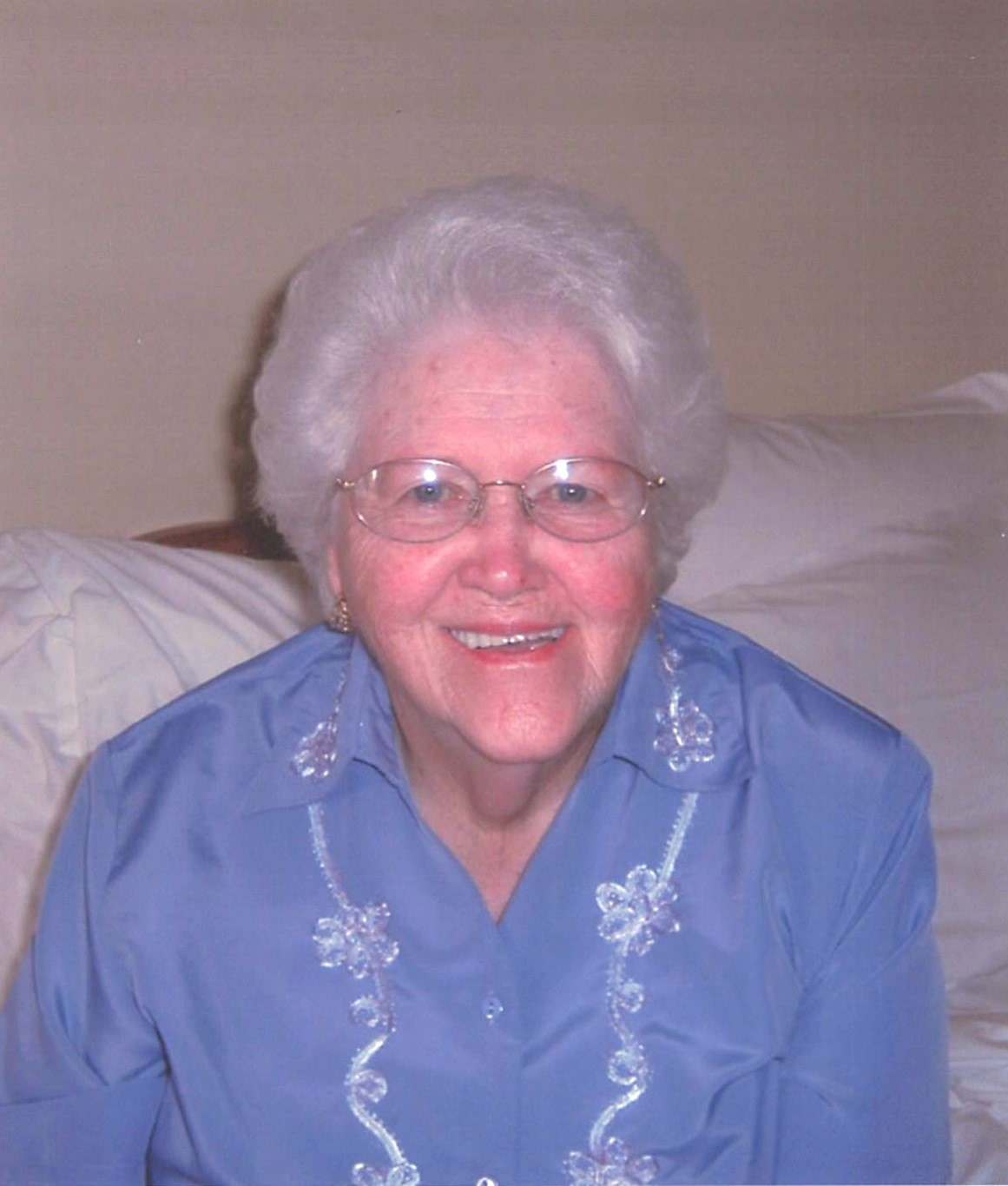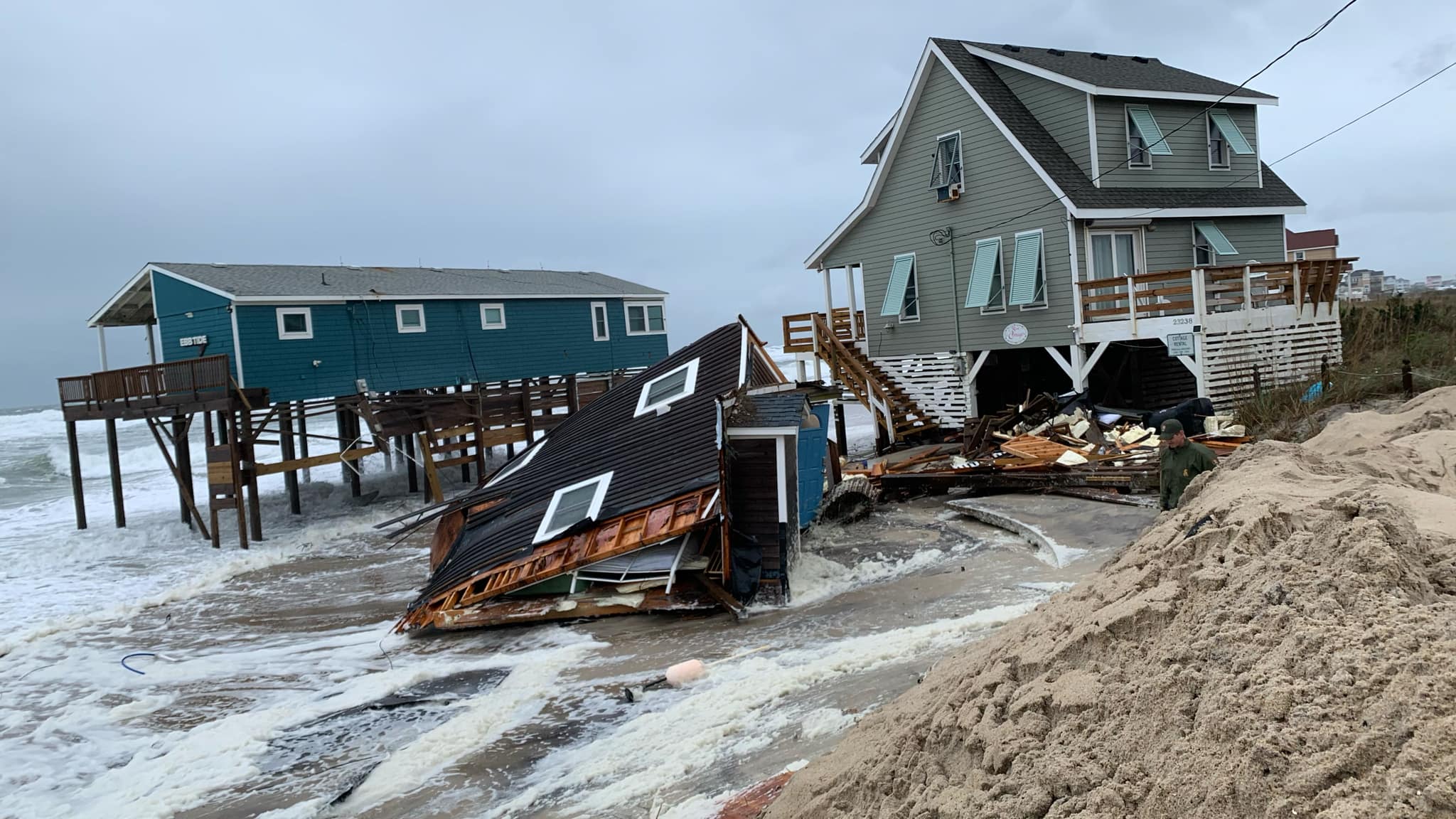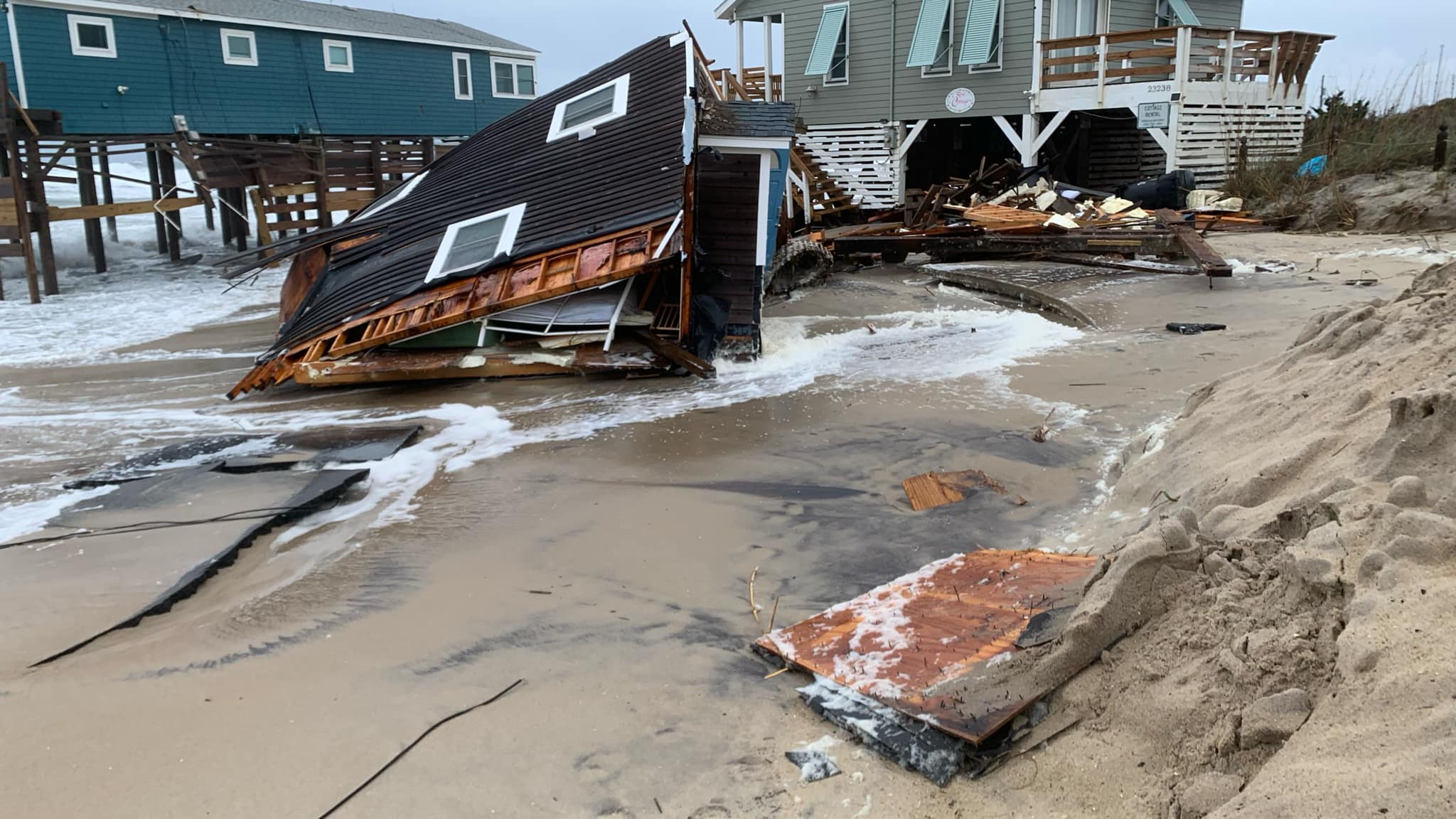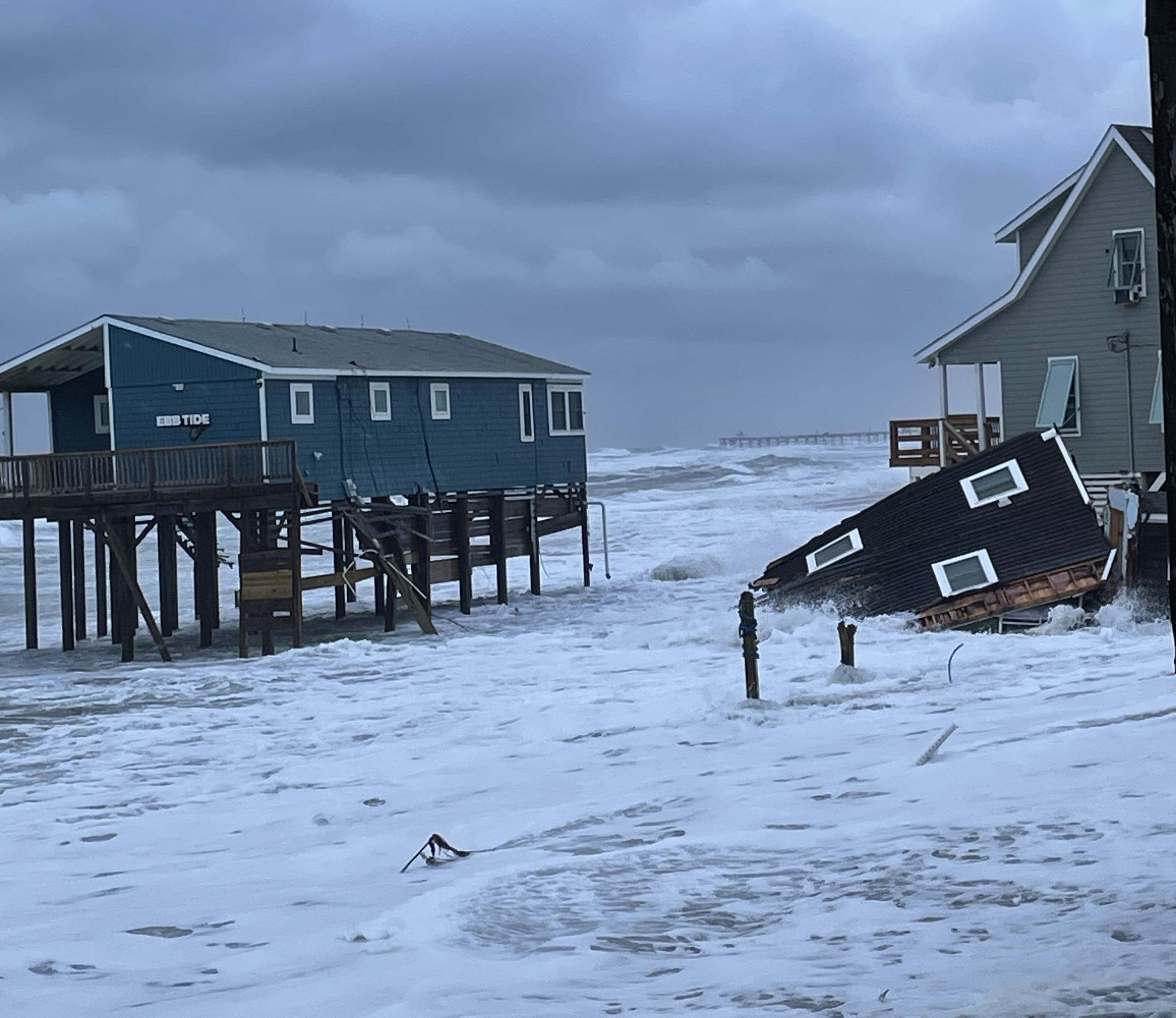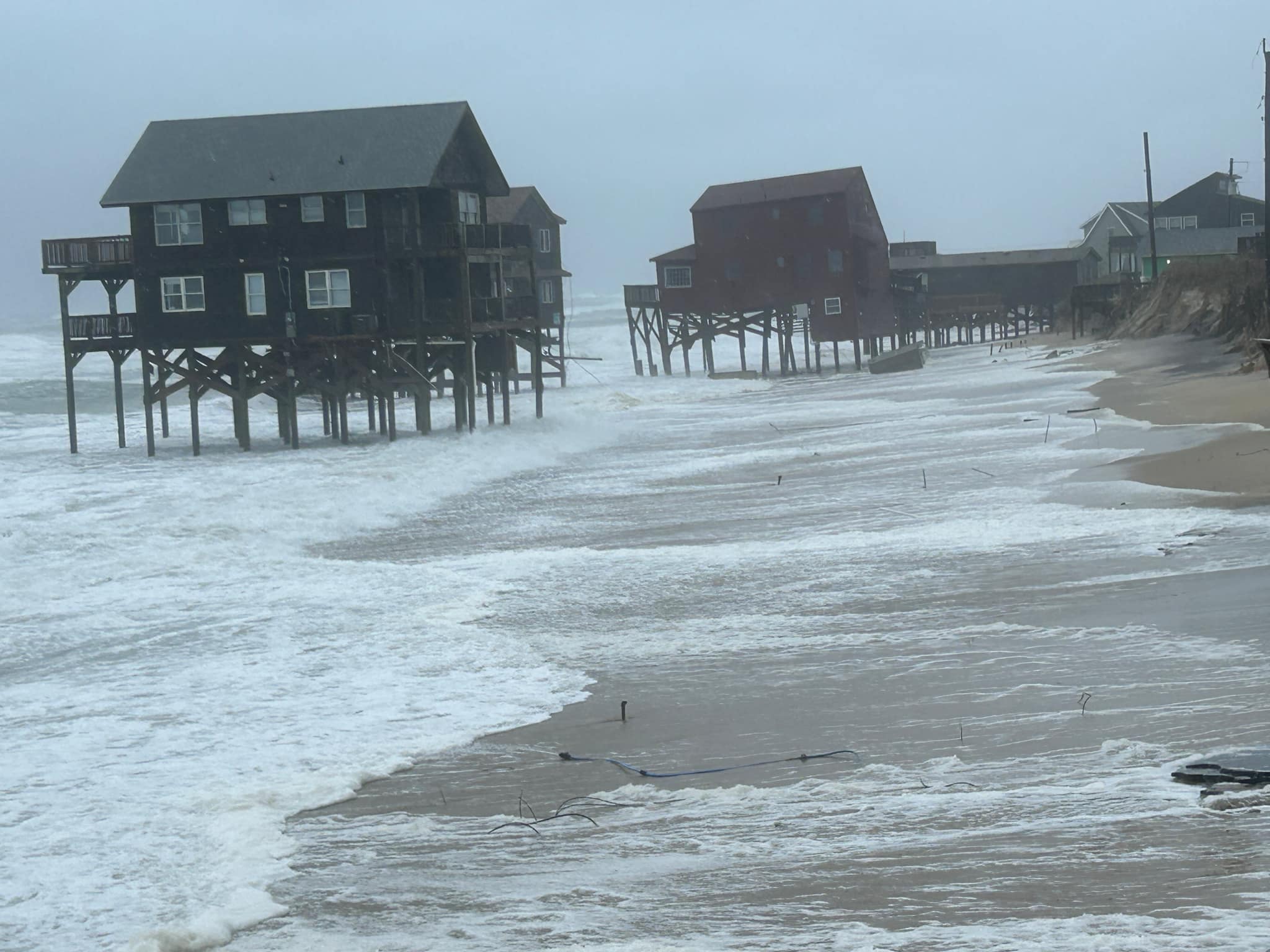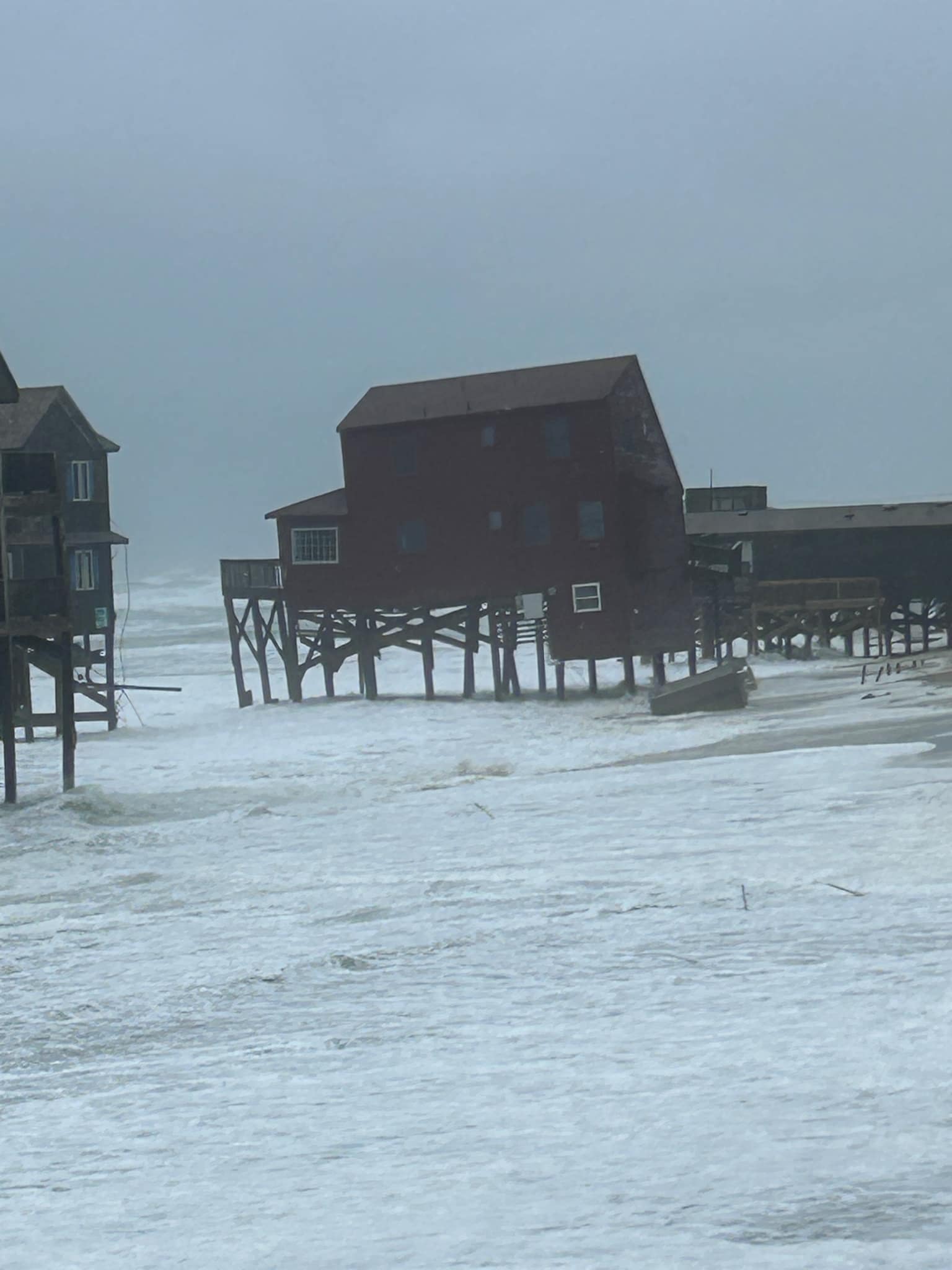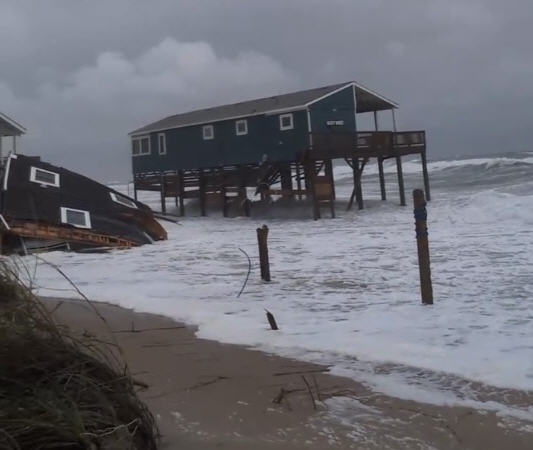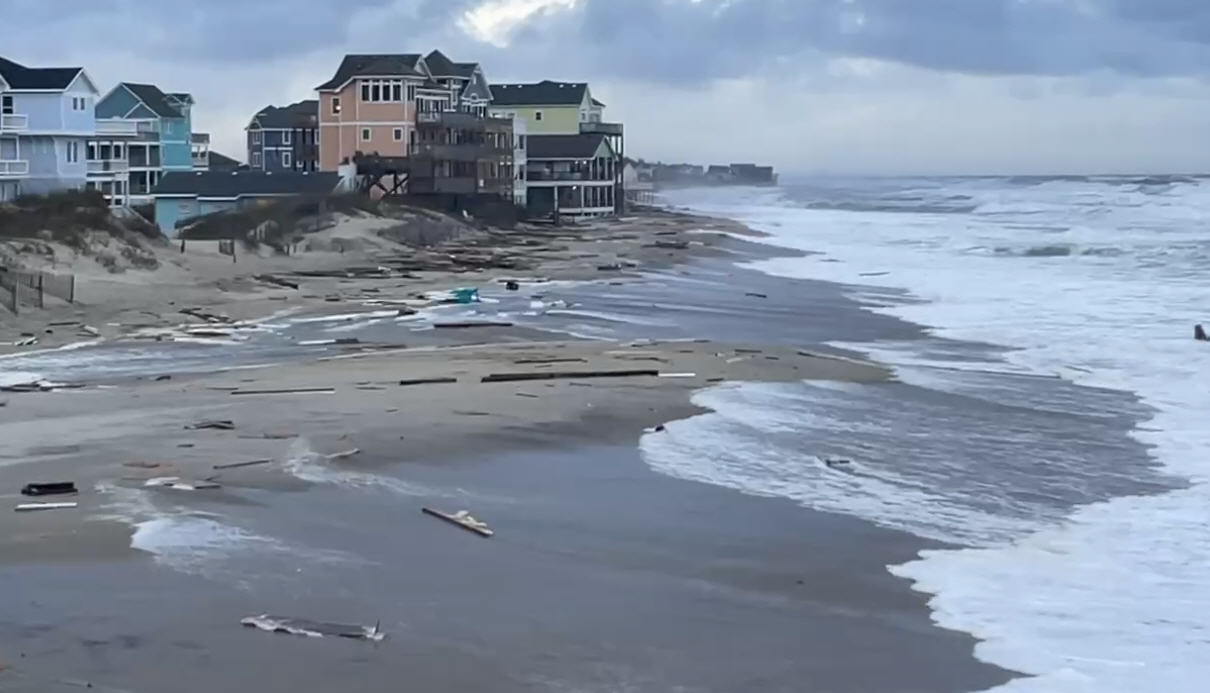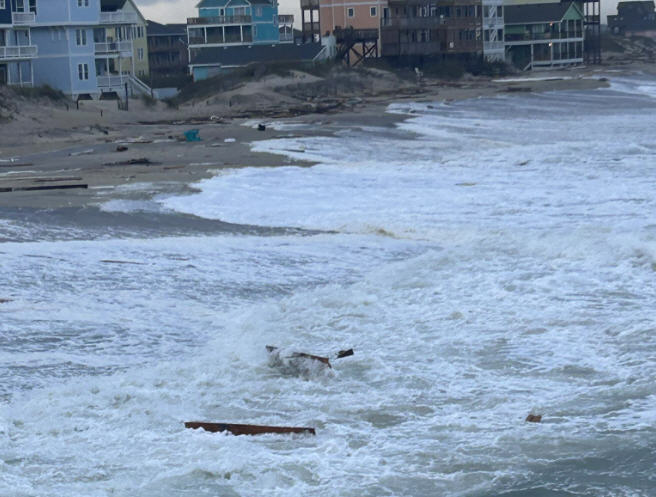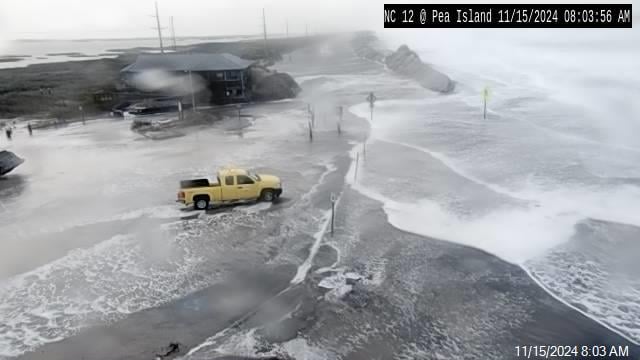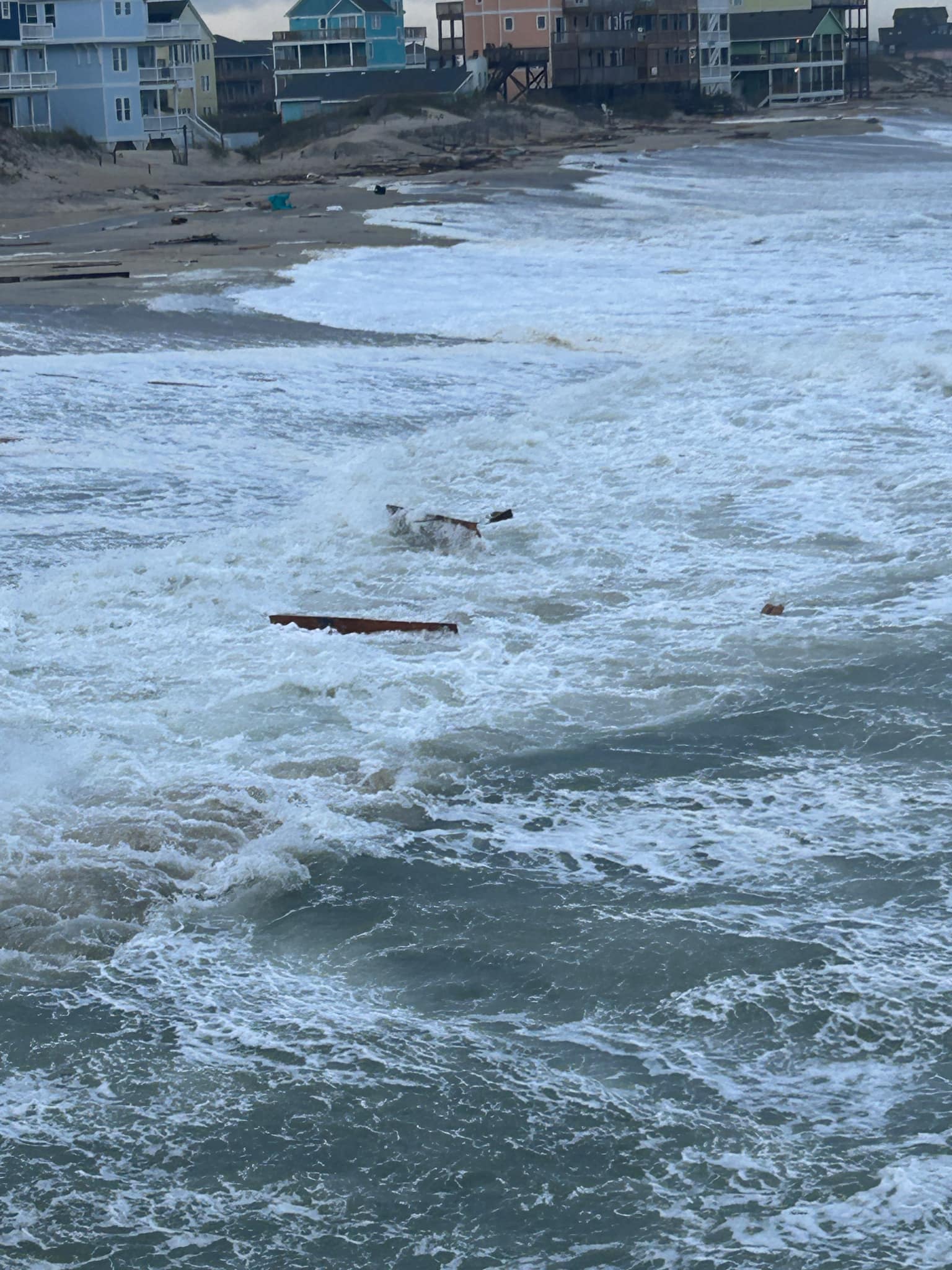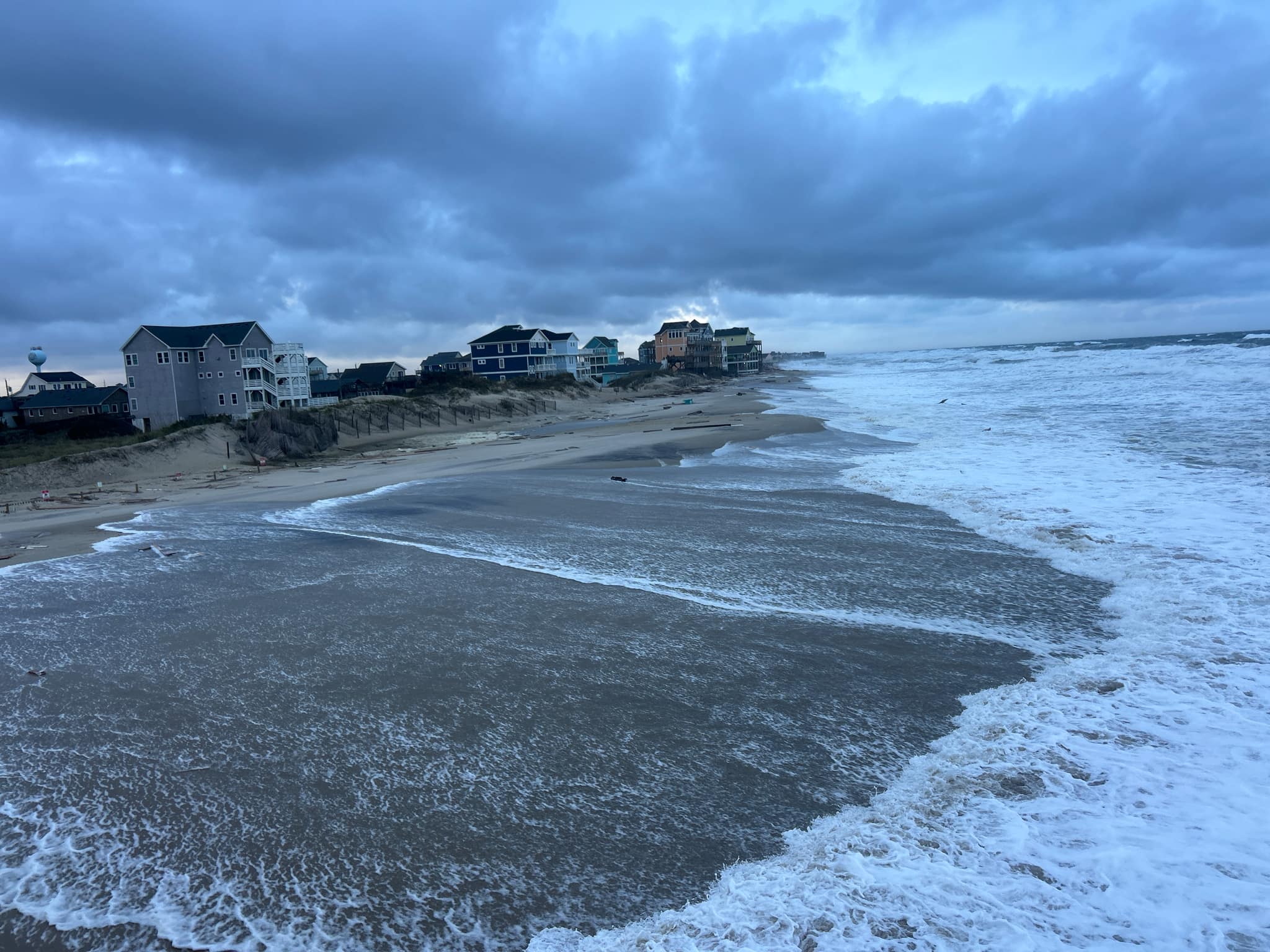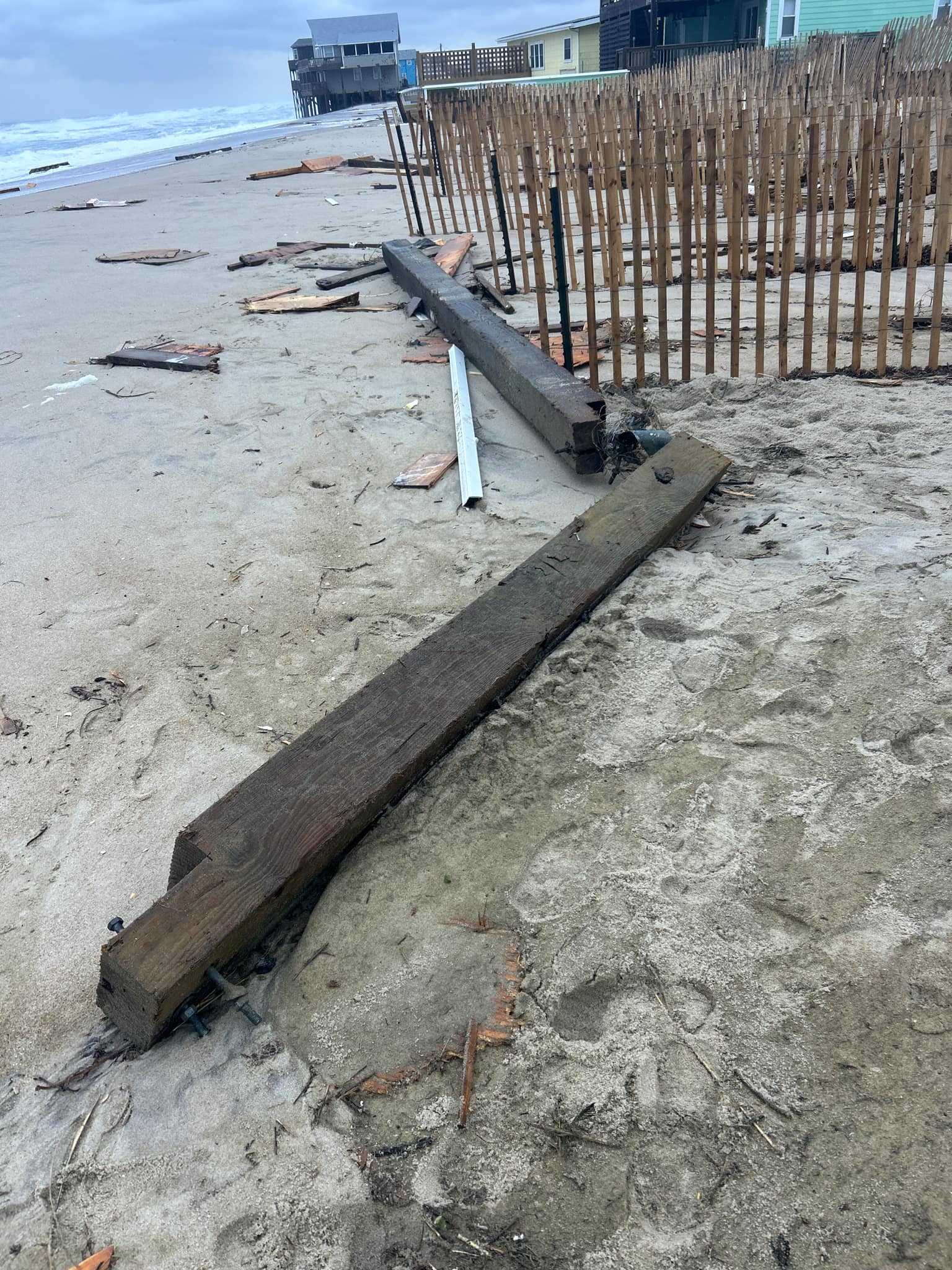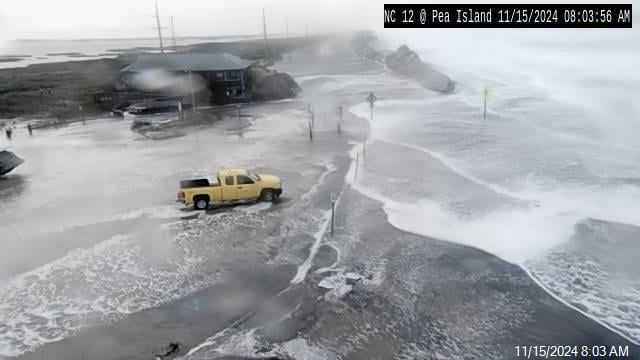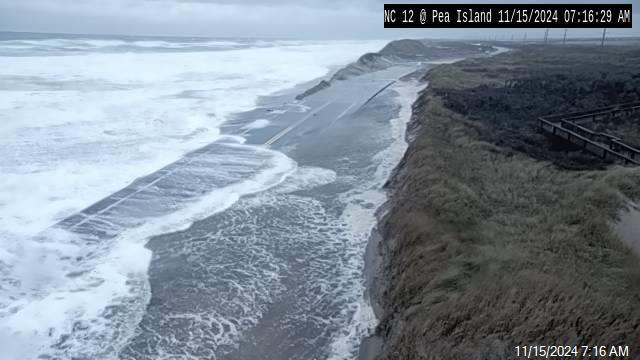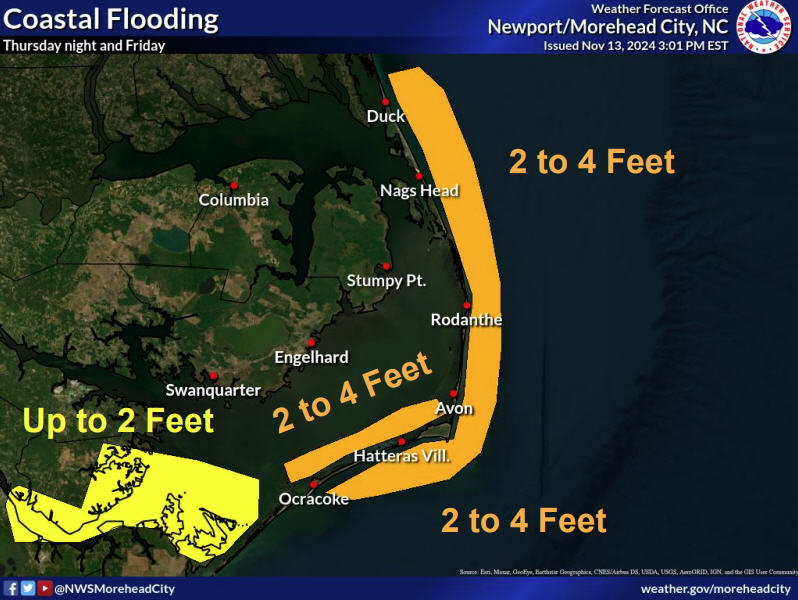Dare County’s battle against drug abuse: The Narcotics Task Force
“When Social Services arrives to take custody of children whose parents we’ve just arrested, and you see the bewilderment in these kids eyes, the tears on their faces . . ., ” recounts Duprey, the captain of the Dare County Narcotics Task Force. “You know, I’ve come to expect that I’m going to have a gun shoved in my face, or I’m going to look out my front door and see a drug dealer standing in front of my house. But, as long as I’m in narcotics enforcement, I’ll never get used to seeing kids separated from their parents, or hearing a wife cry out as we take her husband to jail.”
It’s the human price of the war that arrest statistics don’t reveal. And it’s a reality that narcotics cops in Dare County carry with them. Enforcing the law is what they’re sworn and trained to do
They arrest addicts to get to their dealers, arrest dealers to get to their suppliers. They work out way up the chain, so that when it’s done, maybe for a few days or weeks, they contain the war. “Then we start over again,” Duprey says. “It’s just how this business works.”
If enforcing drug laws in Dare County is indeed a business, then Sheriff Doug Doughtie is its CEO. Since 2010, when he created the county’s Narcotics Task Force, Doughtie has overseen an operation that has earned a formidable reputation.
In the past six years, the Narcotics Task Force has arrested close to 500 people on various drugs charges. It has sent drug dealers from Portsmouth and Norfolk, Va., and even nearby Elizabeth City, scurrying home, telling tales of how hot it is to operate in Dare County. It took on an aggressive and dangerous United Bloods Nation drug cell and, with the help of federal agents and prosecutors, dismantled its organization.
Today, 11 members make up the Narcotics Task Force — a captain, sergeant and four deputies from the Sheriff’s Office, a man each from the Nags Head, Kill Devil Hills and Kitty Hawk police departments, an agent each from the State Bureau of Investigation (SBI) and North Carolina Alcohol Law Enforcement, a branch that enforces state laws, such as alcohol beverage control, and controlled substances. And depending on operations, the task force ranks can swell to as much as 15 members.
Donnie Varnell, the former head of the North Carolina SBI’s Diversion and Environmental Crimes Unit, says the Dare County Narcotics Task Force has become a force to be reckoned with. “They are some of the best trained narcotics officers in the state,” Varnell says. “Dare County is lucky to have them.”
All of this might sound out of character for a bucolic beach resort community like Dare County. Duprey doesn’t quite see it that way.
“We have the same problem with drugs as anyone else,” he says. “What is different is that, unlike other rural North Carolina counties, because we are a vacation resort and the economy that goes with it, we have people with the means to pay good money for drugs.”
More than anyone, Duprey is the resident historian for the backstory of drugs in Dare County.
Duprey hails from the small town of Wytheville, VA, in the rolling foothills of southwestern Virginia. He’s stocky with close-cropped reddish brown hair and beard, and slightly mischievous grin. In 1995, he jumped from a tour of duty with the Coast Guard – boatswain’s mate out of Hatteras— and into the Dare County Sheriff’s Office.
After four years of working patrol, Duprey became a sergeant in a two-man Sheriff’s Office narcotics team, responsible for investigating drugs along the 110 miles of Dare County from Duck to Inlet Peninsula south of Hatteras. “We ran ourselves ragged, up and down the island,” he says.
Making arrests was a lot easier then. Duprey almost relishes the days when he says drug activity resembled an open-air bazaar.
“We’d roll down a street in Kill Devil Hills or Manteo, and there on one corner would be the people selling marijuana, on the opposite corner cocaine, down the street, acid or pills. We’d just pull up, jump out and gather ’em up. No long stake outs. Home in time for supper.”
That was in the 1990s. Even the hard stuff, like heroin, was more of a party drug, snorted or smoked by middle-class people and vacationers. Restaurants and bars were late-night hot spots for exchanging drugs and money.
Not anymore. These days, dealers use text messages and Instagram to contact their customers and signal their location. Dealers operate out of houses, a trailer here, a beach box there. They might set up shop in a motel for a weekend.
And, as is the case everywhere, narcotics enforcement doesn’t follow geographic boundaries. More frequently these days, the work of the Narcotics Task Force takes them well out of Dare County.
“We’re fortunate that Sheriff Doughtie has no problem with us going to Pasquotank, Elizabeth City or Virginia,” Duprey says. “If we know that people in Dare County are getting their dope in Portsmouth, we’re going to work with the police up there to catch and arrest that person and remove him as a link to the drug problem here.”
In the economics of the drug business, a capsule of heroin that sells for $10 in Portsmouth can be sold for $20 in Dare County. The difference – the profit to a dealer or user— is what local narcotics detectives call “the bridge tax,” referring to the Wright Memorial Bridge, the demarcation point in the Dare County-Portsmouth drug pipeline.
Sgt. Kevin McGee of the Portsmouth Police Department’s Special Criminal Investigation Unit has worked closely with the Dare County Task Force for the past two years. “It’s usually pretty simple. They arrest users down there, flip them, get the names of their dealers here. We watch the informants make buys from dealers In Portsmouth and then arrest them. One hand feeds the other.”
Portsmouth is an obvious source for drugs going down to Dare County. If a person down in Dare County gets arrested for heroin, it’s a good possibility it came from Portsmouth. In part, it has to do with the fact that Portsmouth is a port and shipyard center.
“Portsmouth is smaller in size than, say, Norfolk or Virginia Beach, so drug dealers are more concentrated and that makes them easier to find.” McGee explains.
The Dare County Narcotics Task Force is currently working with the Portsmouth Police and other law enforcement agencies in a multi-state investigation. It started when heroin liberally laced with fentanyl, a potent synthetic opioid, appeared on the streets of Portsmouth, producing a sudden wave of overdose deaths among addicts. Some were Dare County residents.
According to state public health officials, fentanyl has been showing up in heroin at an alarming rate, resulting in a spike in overdoses among drug users. Additionally, fentanyl’s presence is forcing first responders and police to administer multiple doses of Naloxone – the lifesaving drug that combats the worst effects of an overdose – to revive overdose victims.
Recently, the Narcotics Task Force worked closely with Norfolk and Virginia State Police departments to arrest a doctor in Norfolk who was selling heroin to, among others, some Dare County addicts. The investigation led to the arrest of the doctor’s Norfolk drug supplier.
It’s a tough business, narcotics enforcement, made more difficult by the fact that Dare County is a small community. Police live amidst people they arrest. They often face people they went to school with who are now on the wrong side of the law. Sometime they arrest members of their extended families. And, while they hunt down drug dealers and pursue addicts, they may also deal with a son or daughter who is a victim of substance abuse.
“It can get real personal,”‘ Duprey admits.
Sgt. Buddy Ruth recalls a chase that started with an attempted arrest of a drug dealer in Wanchese. The task force followed the dealer to the causeway going to Nags Head. “The guy suddenly wheeled his car around, sped toward me and T-boned my vehicle. There was quite a fight after that.”
Still, it takes a certain kind of person to immerse himself day in and day out in the dark, tragic world of drug addicts and dealers – and, to some degree, become part of it.
“When you’re investigating a drug operation,” Duprey says, “every time those dealers and users turn around, you’re there. They know who you are. They may want to harm you or harm your family. I’ve come out of the house in the morning to go to work and find a drug dealer sitting on the hood of my vehicle. You’re always at risk.”
It’s a job that’s always with them.
“I’ll be sitting in a restaurant with my wife and spot someone who I arrested several years ago. I’ll say to her, ‘That’s so-and-so and his date of birth is such-and-such,’ yet I can’t even remember my own brother’s birthday.”
The narcotics detectives can sit on a suspected drug house for days, stopping cars leaving the premises, looking for drugs to link back to the house, arresting people hoping they’ll give up their dealer. Detectives spend hours tailing a suspect to Portsmouth, watching them buy drugs, following them back and stopping them once they re-enter Dare County.
That’s a lot of lost suppers, time with the kids and nights out with the wife.
“I can’t say enough about how hard these guys work,” says Doughtie, who has spent more than 30 years in law enforcement. “They put everything into it, day in and day out.”
And yet, try as they might, the police understand, as Duprey acknowledges, that, “We’re not going to arrest our way out of the drug problem.”
“Fighting addiction is tough,” Duprey says. “Addicts need programs to help them fight their disease. We need prevention and education programs for the kids. The community needs to get involved. We need to do it all.”
(This is the second part in a series being published by the Outer Banks Sentinel that examines drug abuse and narcotics trafficking in Dare County, the people committed to fighting and treating it, and those who become its victims. The first part was published on Aug. 3, and the series will run until Aug. 31.To read more in the series, go to http://www.obsentinel.com/drug_war/)


